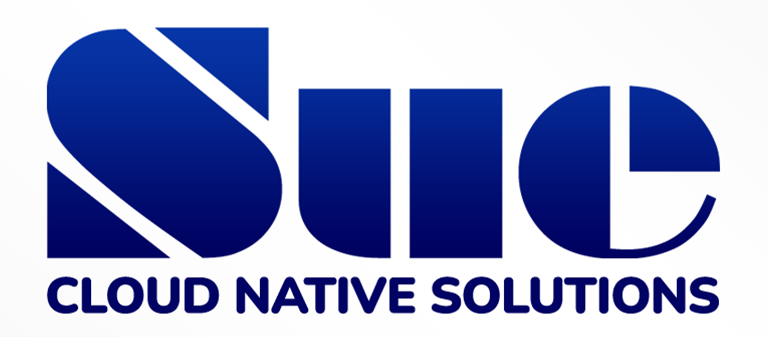Automated Validation of Open-Source Code: A Framework for Security and Compliance
Project description
Open-source software (OSS) plays a critical role in modern software development, but it also introduces challenges like security vulnerabilities, licensing conflicts, and dependency risks. This project focuses on creating an integrated framework to address these issues by combining security validation, license compliance checks, and dependency analysis. The framework simplifies the validation process by consolidating multiple tools into a single workflow, providing actionable insights through an easy-to-use JSON-based API. A proof-of-concept evaluation demonstrated the framework’s ability to improve accuracy, reduce false positives, and enhance developer productivity. While effective, the research also highlights challenges such as reliance on external tools and scalability limitations. This project aims to improve how developers manage OSS risks, supporting safer, more efficient software development practices.
Context
This project addresses the challenges associated with integrating open-source software (OSS) into modern software development. OSS is widely used for its flexibility, cost-effectiveness, and community-driven innovation, forming the foundation of many applications across industries. However, its use introduces critical risks, including security vulnerabilities, complex dependency chains, and compliance with varied license types.
The domain of the project lies at the intersection of software engineering, cybersecurity, and legal compliance. Security risks stem from outdated libraries, transitive dependencies, and unpatched vulnerabilities, which can disrupt operations or expose systems to attacks. Additionally, OSS licenses, ranging from permissive (e.g., MIT, Apache) to restrictive (e.g., GPL), often require careful analysis to ensure compliance and avoid legal or financial consequences.
This research seeks to streamline the OSS validation process by designing a unified framework that integrates security validation, license compliance checks, and dependency analysis into a single workflow. By targeting developers and organizations operating within continuous integration/continuous deployment (CI/CD) environments, the framework aims to address these challenges while improving productivity and compliance. The project focuses on real-world applicability, supporting secure and efficient software development.
Results
The most significant outcome of this project is the development of a unified framework for the automated validation of open-source software (OSS). This framework addresses key challenges such as security vulnerabilities, license compliance, and dependency management by integrating these processes into a single, modular architecture. The framework produces actionable insights through a JSON-based API, simplifying the validation process for developers.
Framework Implementation: The framework integrates static analysis, dependency mapping, and license compliance checks, consolidating outputs into a unified workflow. This eliminates the need for fragmented tools and manual cross-referencing, saving time and reducing errors. It was successfully validated using real-world OSS repositories with varying licenses and dependencies.
Improved Accuracy and Usability: The proof-of-concept demonstrated the framework’s ability to identify compliance issues in both permissive (e.g., MIT, Apache) and restrictive licenses (e.g., GPL-3.0). By consolidating results into an intuitive JSON format, the framework enhances usability and reduces developer cognitive load.
Prioritized Risk Assessment: The framework effectively mapped transitive dependencies and contextualized vulnerabilities based on severity and relevance, helping developers focus on the most critical issues.
Validation Results: Testing revealed the framework's scalability and ability to reduce false positives, highlighting its potential for real-world application. It also identified key areas for improvement, such as reliance on external tools and the need for CLI-supported, open-source alternatives.
This project contributes to secure and efficient software development, enabling organizations to adopt OSS confidently while mitigating associated risks. The modular design ensures adaptability for diverse environments, making it a valuable tool for developers and organizations seeking robust OSS validation solutions.

